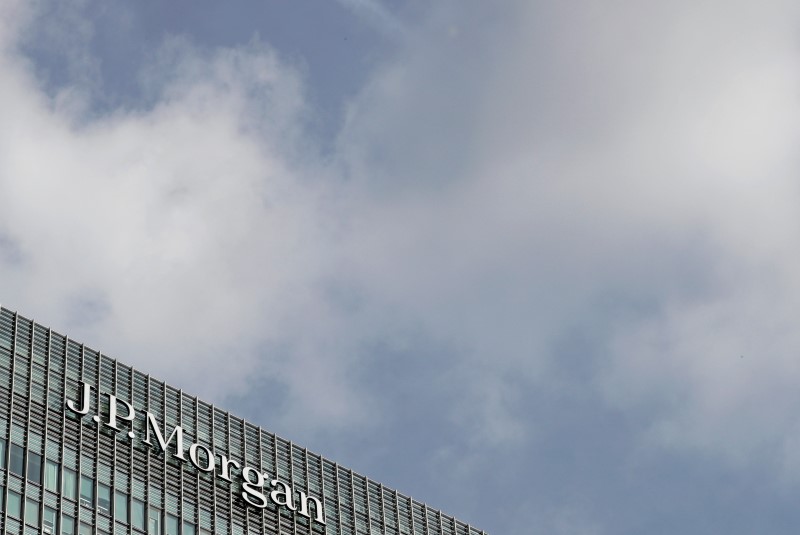Quiver Quantitative - The U.S. Supreme Court's decision to not hear an appeal in a case involving JPMorgan Chase (NYSE:JPM) & Co. has significant implications for the $1.4 trillion leveraged loan market. The case revolved around a $1.8 billion leveraged loan by Millennium Health LLC and the legal classification of syndicated loans, a type of debt product sold to groups of lenders. The bankruptcy trustee, Marc Kirschner, argued unsuccessfully that these loans should be regulated as securities. This legal saga, which began in 2017, captured the attention of industry regulators and lobbyists, particularly after the New York-based 2nd U.S. Circuit Court of Appeals asked for input from regulatory bodies, including the Securities and Exchange Commission (SEC).
The court's refusal to intervene leaves intact the 2nd Circuit's 3-0 ruling that such loans should be less regulated than high-yield bonds. This decision brings relief to the banking and financial sectors, as classifying leveraged loans as securities would have necessitated additional disclosures and quicker settlement times for subsequent trades, potentially disrupting market operations. The SEC's decision not to submit an opinion to the court, despite the intense lobbying by industry groups like the LSTA, was a pivotal moment in the case. It was widely seen as a move that made it extremely likely the court would maintain the status quo.
Market Overview: -U.S. Supreme Court upholds lower court ruling, leaving leveraged loans unregulated as securities. -Decision impacts $1.4 trillion market used by junk-rated companies and private equity firms. -Industry groups lobbied extensively against potential SEC involvement in classifying loans as securities.
Key Points: -Supreme Court declined to hear appeal arguing leveraged loans should be regulated as securities. -Ruling affirms decision by 2nd US Circuit Court of Appeals exempting such loans from stricter regulations. -Outcome seen as victory for JPMorgan Chase and other banks involved in similar deals.
Looking Ahead: -Despite court decision, potential future legal or regulatory changes could still impact leveraged loan market. -Market evolves to resemble high-yield bonds, raising concerns about increased scrutiny and investor protection. -SEC commissioner's recent speech suggests possible future regulatory tightening for the sector.
The Supreme Court’s decision effectively ends the Kirschner saga, much to the relief of the LSTA and the broader financial industry. Elliot Ganz, the LSTA’s head of advocacy, expressed extreme gratification at the high court’s decision. Despite the closure of this case, there are indications that the U.S. law regarding syndicated loans could evolve in the future. The market's resemblance to high-yield bonds and calls for additional investor protections suggest potential regulatory changes.
In summary, the U.S. Supreme Court's decision marks the end of a legal battle that could have dramatically altered the leveraged loan market. By maintaining the current regulatory framework, the Court has upheld a status quo that favors less regulation for syndicated loans, much to the financial industry's relief. However, the evolving nature of the market and regulatory landscape suggests that this area may continue to garner attention in the future.
This article was originally published on Quiver Quantitative
